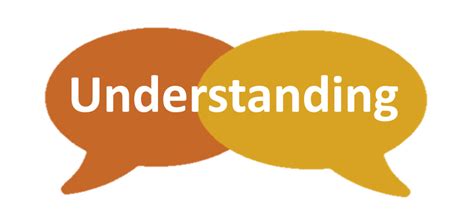The Silent Power of Intentional Communication
In the intricate dance of relationships, communication often serves as both the foundation and the fault line. While many men are wired to problem-solve and fix, this instinct can sometimes inadvertently lead to misunderstandings, frustration, and a sense of not being heard by their partners. The good news is that mastering just one tactical communication skill can dramatically shift the landscape of your relationship, fostering deeper connection, trust, and overall health.
This isn’t about grand gestures or complex psychological theories; it’s about a simple, yet profoundly effective, shift in how you engage.

The Tactical Skill: Emotional Validation
The single most potent communication skill to cultivate is emotional validation. Validation is the act of acknowledging and affirming another person’s feelings, thoughts, or experiences as understandable and legitimate, even if you don’t personally agree with them or if you see the situation differently. It’s about creating a space where your partner feels seen, heard, and respected in their emotional reality.
Crucially, validation is not agreement. You don’t have to agree with your partner’s perspective or even their feelings to validate them. Your goal is simply to communicate: “I hear you. I understand why you might feel that way.”
Why Validation Works Wonders for Relationship Health
When a partner feels validated, several powerful things happen. First, it immediately de-escalates tension. Much of the heat in arguments stems from a partner feeling unheard or misunderstood. Validation cuts through this by providing reassurance that their feelings matter. Second, it builds trust and intimacy. Knowing that their emotional world is safe with you strengthens the bond and encourages deeper sharing.
Validation also disarms defensiveness. Instead of preparing a counter-argument, your partner feels understood, which opens the door for a more constructive conversation. It shifts the dynamic from ‘me vs. you’ to ‘us vs. the problem.’ This empathy-driven approach creates a positive feedback loop, encouraging your partner to also be more receptive to your perspective.

How to Practice Tactical Validation: A Step-by-Step Guide
- Listen Actively: Put down your phone, turn off the TV, and give your partner your full attention. Listen not to respond, but to understand.
- Identify the Core Emotion: Try to pinpoint what your partner is truly feeling. Are they sad, frustrated, anxious, angry, overwhelmed?
- Reflect and Acknowledge: Use phrases that show you’ve heard their emotion. Examples: “It sounds like you’re feeling really frustrated with this situation,” or “I can see that what happened made you feel very sad.”
- Connect to Their Experience (Empathize): Show that their reaction makes sense given their experience. “Given how much effort you put in, it makes sense that you’d be disappointed,” or “I can understand why you’d be upset about that.”
- Avoid Problem-Solving (Initially): Resist the urge to offer solutions or explain why their feelings are ‘wrong’ or ‘irrational.’ Focus solely on validating their emotional experience first. You can ask later, “Is there anything I can do?”

Key Nuances and Pitfalls to Avoid
Remember, validation is about acknowledging their feelings, not necessarily the facts of the situation or agreeing with their interpretation. For instance, if your partner says, “You always do X!” you might validate by saying, “It sounds like you’re feeling really frustrated and hurt by my actions right now.” This validates their feeling without agreeing that you ‘always’ do X.
Also, avoid using dismissive language like “You shouldn’t feel that way.” Every feeling is valid, even if the behavior driven by that feeling isn’t. Your role is to acknowledge the feeling itself.

The Ripple Effect: A Stronger, Healthier Relationship
By consistently practicing emotional validation, you’ll find that arguments become less frequent and less intense. Your partner will feel more connected, more secure, and more willing to open up to you. This single tactical shift can transform your relationship from one riddled with misunderstandings into a haven of mutual respect and deep emotional intimacy. It’s a skill that requires practice, but the profound returns on your relationship health are immeasurable.




